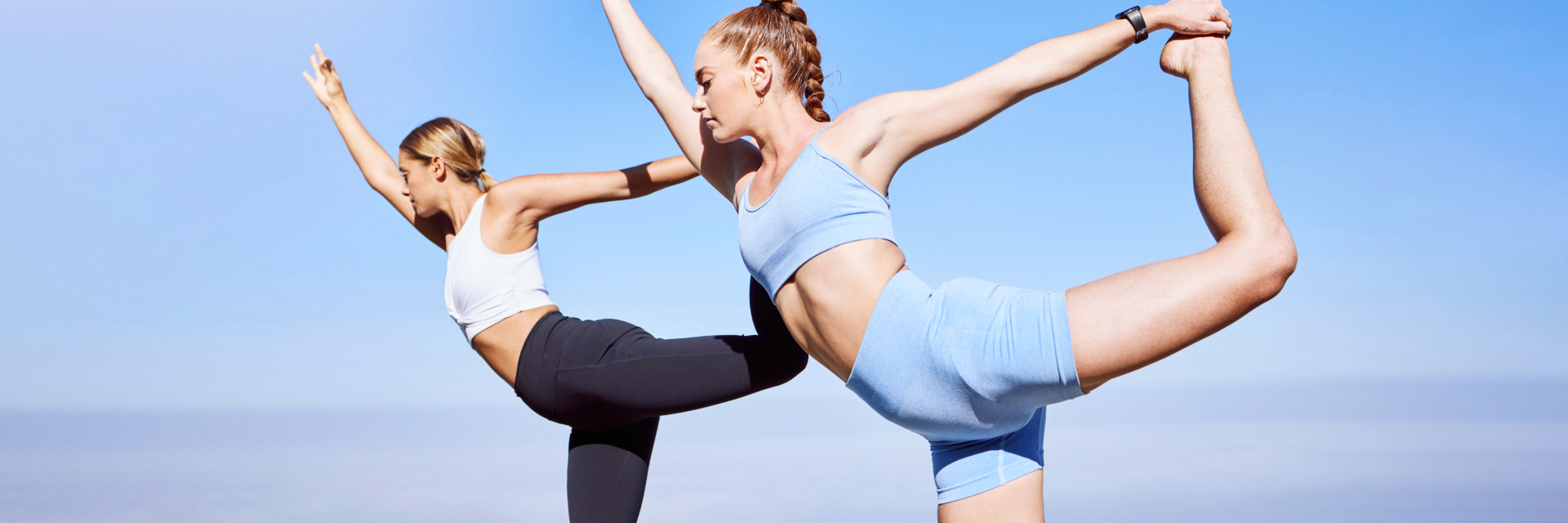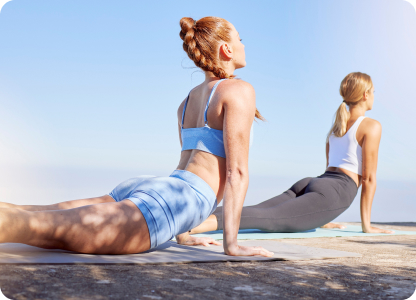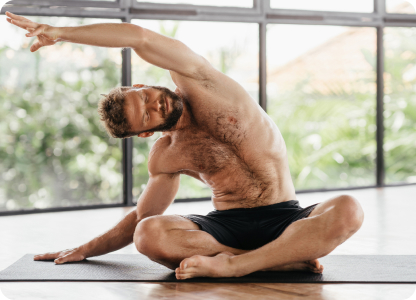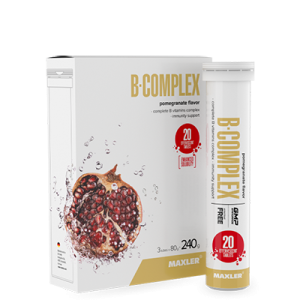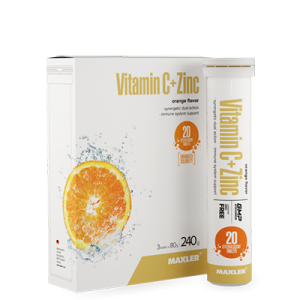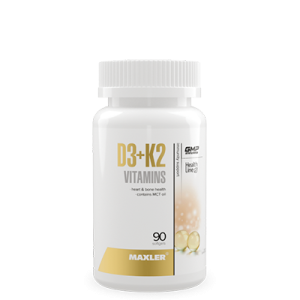The ancient art of yoga is becoming an increasingly popular practice in modern society. For many, the practice can be a great way to seek relief from the busyness of our daily lives. Other people find it a great way to work on posture, strength and flexibility. With the diversity of yoga practices available, everyone can find an option to work with their needs.
Yoga practice has multiple benefits for our body and mind. These range from improved body image, healthier habits, weight loss, and better heart health1. In this blog post, we’ll focus on its benefits for flexibility and stress relief.
A flexible body
The postures done during yoga require movement alongside breath control. In a study done by a group at University of California at Davis, 8 weeks of yoga significantly improved fitness in a group of untrained people. Their muscular strength and endurance increased, and ankle flexibility improved2.
Other types of flexibility, including hamstring, lumbar, leg, groin and hip flexibility can also be improved by yoga3,4. Alongside that, it’s a great way to improve functional fitness, meaning it will boost your ability to carry out exercises that help your daily life. Yoga is just as effective as typical stretching and strengthening at improving this type of fitness5.
Yoga is a great tool for athletes, helping with flexibility6. Additional benefits, which include improved well-being and muscle force, can further support performance7. In addition, it can be a great way to improve musculoskeletal pains.
Boosting stress tolerance
Yoga is a goldmine for improving mental health.
The combination of mindful exercise with breathing techniques supports improved well-being. A review of multiple studies suggests that those that attended more yoga classes felt less stressed. This was achieved regardless of the yoga type, meaning improvements don’t require meditation-based classes. The most important thing is to keep practicing regularly over the long-term8.
Also, yoga provides us with the ability to cope with stressors better, for example, through increasing our self-compassion9. Additionally, it helps us feel more self-aware, improving mindfulness. As a result, it improves our mood and how we respond to emotional stress10.
Doing yoga before bed can also set you up for a better sleep, which is required for proper cognitive function and memory formation. Alongside that, getting enough is necessary for our ability to cope with stress. Yoga can better our sleep and help improve cognition11.
To keep your immunity strong during times of stress, consider adding Maxler Vitamin C + Zinc Effervescent Tablets to your routine. Together, they support your basic immune defences.
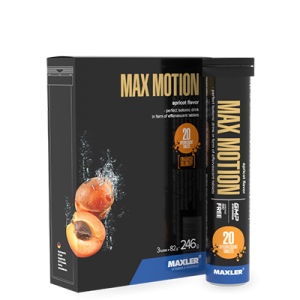
Max Motion Effervescent Tablets
From €11.65
How to get started
For those that might not know how to approach it, here are tips to help you on your journey:
- Try a class. The easiest way to begin is to join a class. You’ll have guidance and you’ll be getting social benefits from exercising in a group. Don’t worry about difficulty – there are beginner classes available to help you learn the basics.
- Get your gear. A mat and comfy clothes are enough to begin. You won’t even require socks, as they make things slippery!
- Make it a habit. You’ll be able to see benefits if you continue with the practice regularly for a few weeks. Make time for yoga – consider it self-care.
- Explore different styles. Depending on your goals, you might want to stick to a particular type of yoga, whether that’s strength based or meditation based. Typically, Hatha or Flow styles are the most common.
Yoga can be a beneficial addition to your routine, whether you’re busy making a career, juggling a family or a professional athlete. There’s no reason not to start, as the health benefits are worthwhile.
